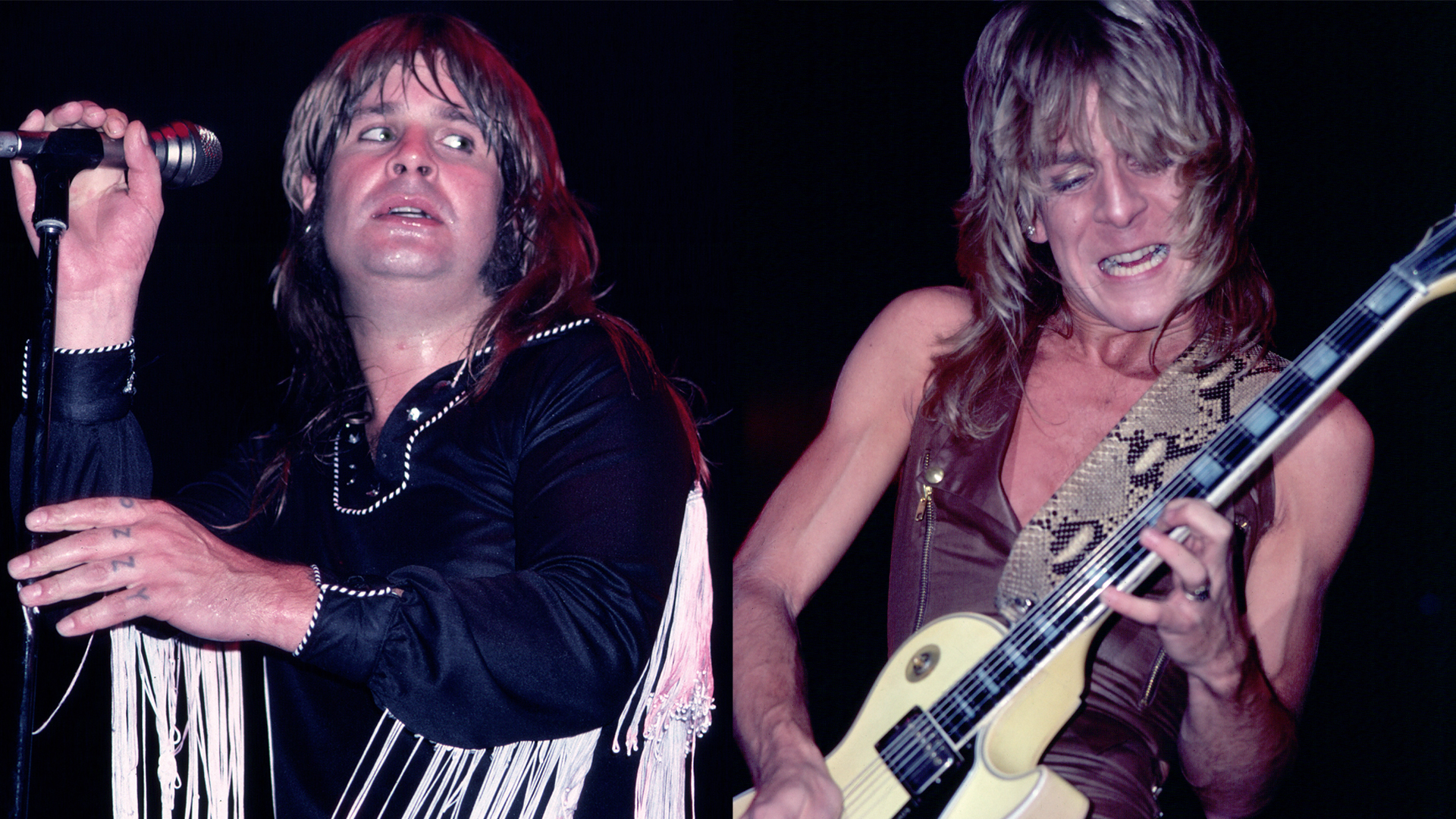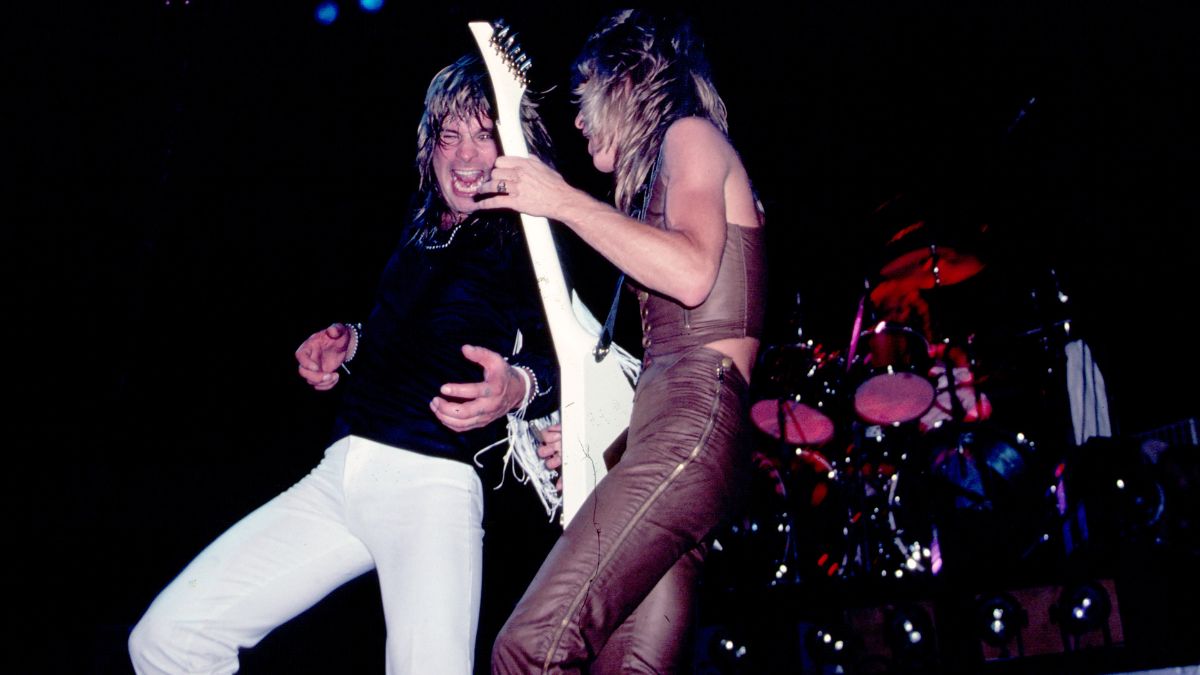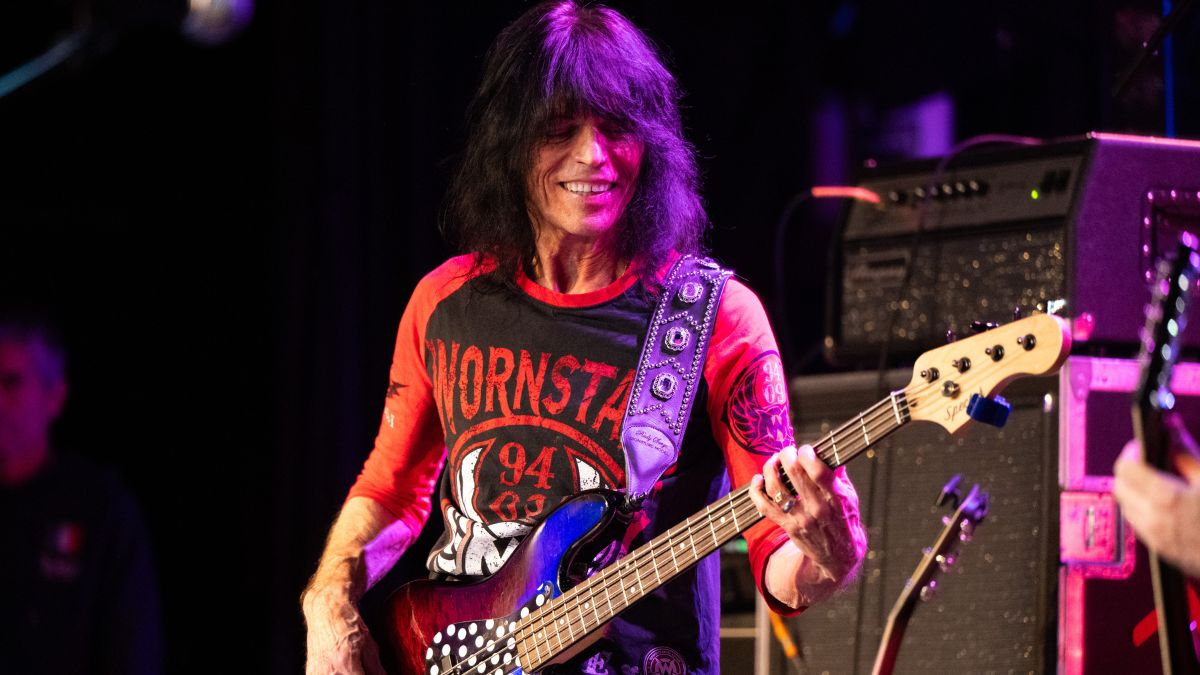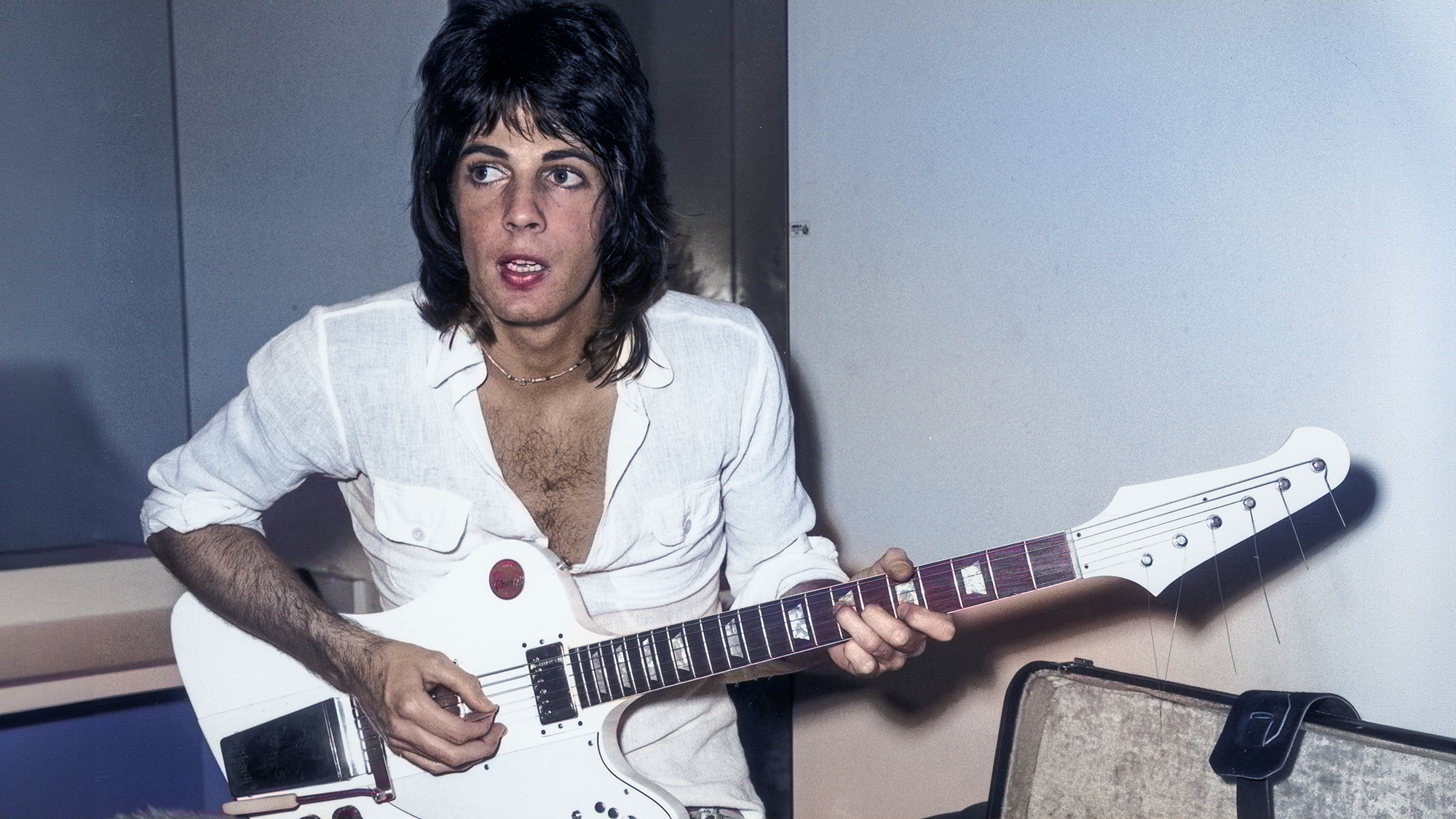“Here was the strategy: Keep Ozzy moving. Do not cancel the tour.” Rudy Sarzo says Ozzy Osbourne would have died if they didn’t carry on after Randy Rhoads' death
Getting back on the road took its toll on the grief-stricken band — but it also stopped Ozzy from going “in the hole”

Randy Rhoads’ death in 1982 sent shockwaves through the Ozzy Osbourne camp. The fact that the band was back out on tour less than two weeks after the tragedy may seem insensitive to his legacy on the surface, but former Ozzy bass player Rudy Sarzo says that doesn’t tell the full story.
The young guitarist’s superlative talents, which saw him regularly pitted against Eddie Van Halen as the world’s best player, had launched Ozzy’s post-Sabbath career in style. As the singer said during his Rock Hall induction last year, “If I hadn't met Randy Rhoads, I wouldn't be sitting here right now.”
That wasn’t hyperbole.
While out on the road on the Blizzard of Ozz tour, Ozzy watched the plane crash that took the 25-year-old’s life. It sent him spiraling into depression. The tour resumed on April 1, 1982, not because they didn’t care about Rhoads’ untimely passing, but because it helped avoid further tragedy.
“We were auditioning guitar players,” Sarzo, Ozzy’s then-bassist, says on The David Ellefson Show. “Here was the strategy: Keep Ozzy moving. Do not cancel the tour.
“You cancel the tour, Ozzy goes home, Ozzy dies. Goes in the hole. So we gotta go back out there again. And then we're gonna pick it up here, 10 days later, after Randy passed away.”
Considering Ozzy’s predilection for substances at that time, coupled with the weight of the loss, the plan made sense.
All the latest guitar news, interviews, lessons, reviews, deals and more, direct to your inbox!
Putting it into practice, however, was another story. The controversial manner in which Rhoads’ replacement came onboard didn’t help matters either.
The story goes that Gary Moore was initially approached but declined. Afterward, most of the camp wanted Sarzo’s brother, Robert, to help finish the tour. Movements made by management in London forced some awkward conversations.
“Dave Arden, Sharon's brother from the office in London, sends over Bernie Tormé,” Sarzo explains. The Irishman had raised his stock with Deep Purple singer Ian Gillan in his group Gillan. “He comes in, and during auditions, he's already been hired. He's already been paid in advance to come in and play in the band. But he comes in, and he sits in the corner waiting for his turn.

“My brother was part of the audition, and Sharon and Ozzy wanted him to be in the band, to continue. So when Bernie hears that, he says, 'Oh. But I've already been paid. I've been sent here.' Bernie was just sitting there, knowing he already had the gig! This went on for two or three days.
“Meanwhile, we were going to services for Randy and for Rachel Youngblood, the band's seamstress, who also died in the crash],” Sarzo continues.
The emotional weight of it all took its toll on the band, which was still very much in mourning.
“I was one of the pallbearers [at Randy’s funeral],” Sarzo adds. “There was no way that we could emotionally return to rehearsal... having already buried Randy. So we took that night off.”

The tour restarted at the Stabler Arena in Bethlehem, Pennsylvania, with Tormé in tow. His stint, though, was brief. Within two weeks, Night Ranger’s Brad Gillis stepped in and remained onboard for Ozzy's next solo album, Speak of the Devil.
The guitarist merry-go-round never truly stopped after that, with Chris Impellitteri missing out on the gig to Zakk Wylde after Jake E. Lee left in '87. Wylde has said that other auditionees weren’t taking the opportunity as seriously as they should have, and the chance of auditioning for Guns N’ Roses later cost him a place by Ozzy’s side.
Then there was Alex Skolnick’s one-show tenure in the band. It was always high drama where Ozzy was concerned.
A freelance writer with a penchant for music that gets weird, Phil is a regular contributor to Prog, Guitar World, and Total Guitar magazines and is especially keen on shining a light on unknown artists. Outside of the journalism realm, you can find him writing angular riffs in progressive metal band, Prognosis, in which he slings an 8-string Strandberg Boden Original, churning that low string through a variety of tunings. He's also a published author and is currently penning his debut novel which chucks fantasy, mythology and humanity into a great big melting pot.


